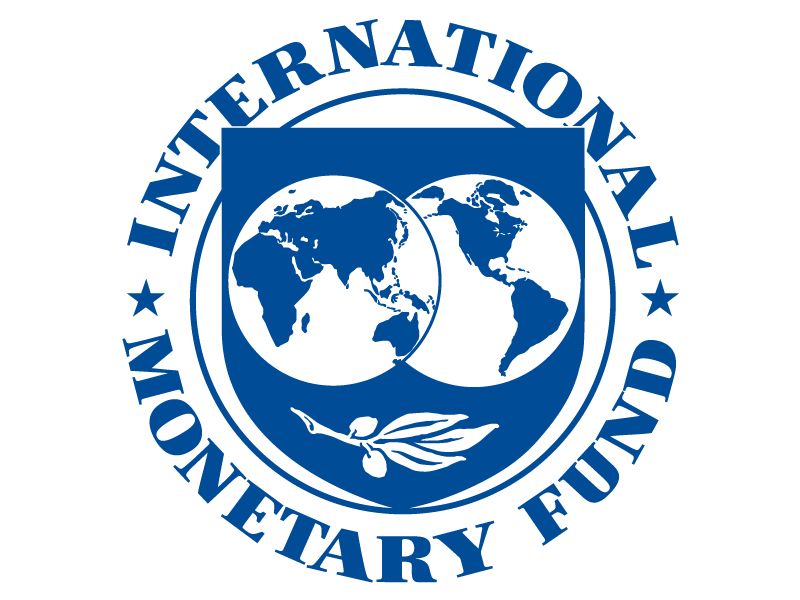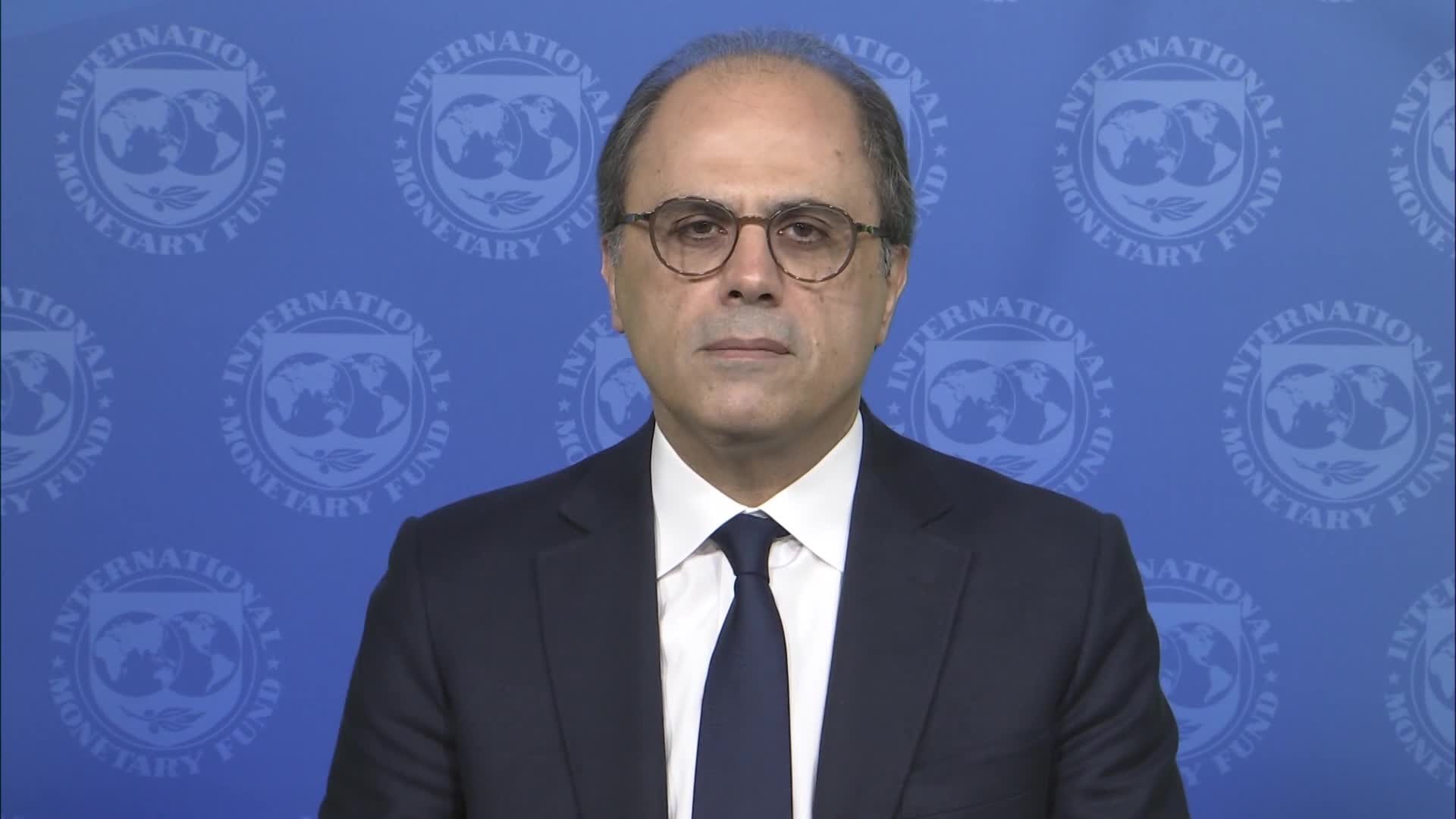COVID-19 Pandemic and the Middle East and Central Asia: Region Facing Dual Shock
The coronavirus pandemic has become the largest near-term challenge for the Middle East and Central Asia, with three-quarters of its countries reporting at least one confirmed case of COVID-19 and some facing a major outbreak. Jihad Azour, Director of the Middle East and Central Asia Department at the IMF, addresses the most concerning regional trends.
“Let me start by expressing my deep sympathy with the people of the region and support for the governments coping with the coronavirus pandemic. The impact of Covid-19 and the drop of oil prices in the Middle East and Central Asia has been substantial and could intensify. This challenge will be especially daunting for the region's fragile and conflict-torn states such as Iraq, Sudan and Yemen with weak health systems.
The region is particularly vulnerable because it faces a number of challenges and shocks at the same time. A drop in domestic and external demand is paired with plummeting oil prices.
“The pandemic is causing significant economic turmoil in the region through simultaneous shocks, the drop in domestic and external demand, disruption of production, and tightening of financial conditions. The region's oil exporters face the additional shock of plummeted oil prices as they have fallen by over 50 percent since the start of the crisis.”
Azour recommends to prioritize health spending and broader measures to mitigate and contain the pandemic. This, in turn, would prevent that a temporary health crisis causes a protracted economic recession.
“What should countries do now? The immediate policy priority of the region is to protect the population from the coronavirus. Governments should not spare any expense to ensure that health systems and social safety nets are adequately prepared to meet the needs of their populations. Economic policy responses should be directed at avoiding economic recession with lasting welfare losses to the society. “
Since the outbreak of COVID-19, the IMF has been in continuous interaction with the authorities in the region to offer advice and assistance, especially those in urgent need of financing to withstand the shocks.
“How is the IMF helping? Since the outbreak of Covid-19, we have engaged with governments to offer advice and assistance, especially to those in urgent need of financing. The fund has adequate tools to help our members surmount the crisis and limit its human economic costs. Several countries from the region have already approached the IMF for financial support. Now, more than ever, international cooperation is vital if we hope to prevent lasting economic scars.”
You can read Jihad Azour’s Blogpost HERE.
And you can see more about how the IMF responds to the Coronavirus Pandemic HERE.

